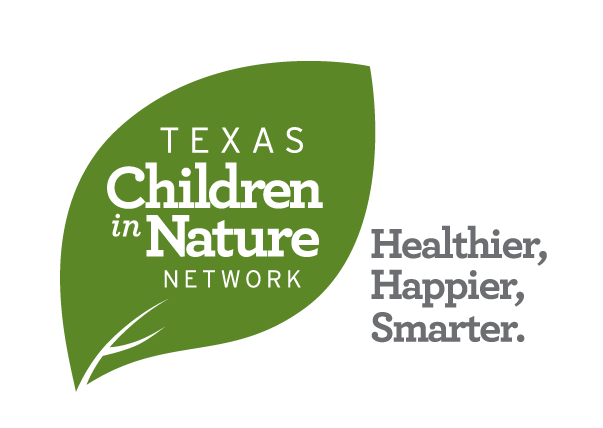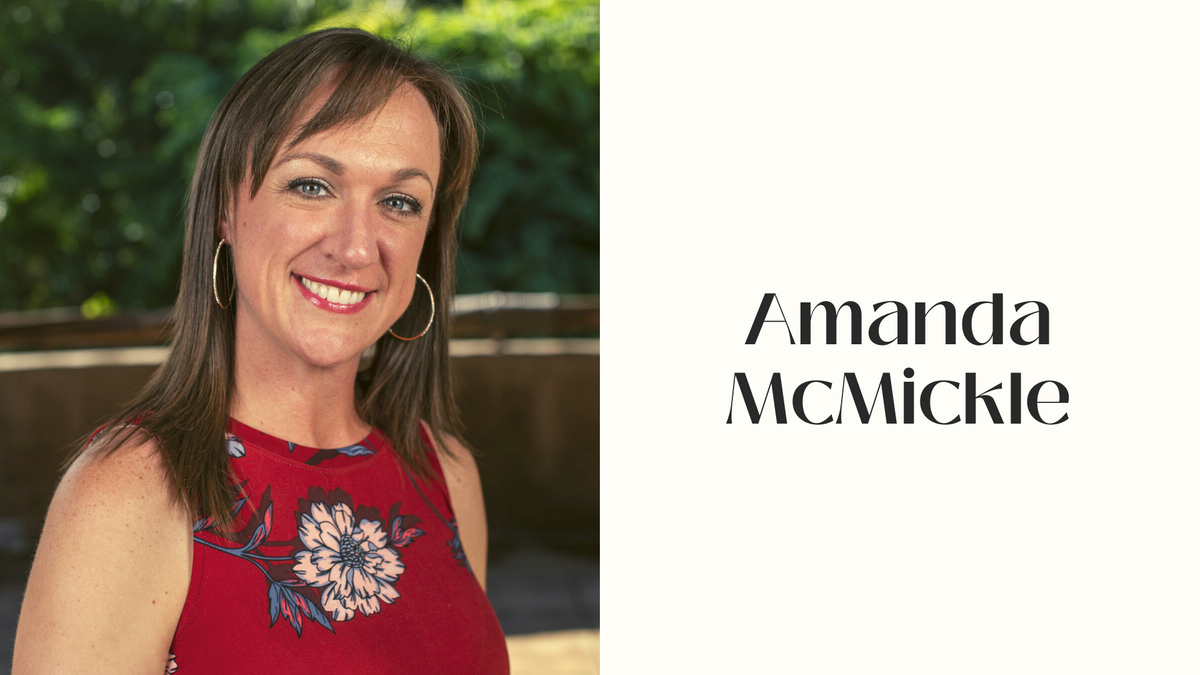Amanda McMickle
On January 21st Amanda McMickle, with Compass Rose Charter School, sat down with Sarah to talk about some of the great work they are doing in San Antonio.
Amanda, why don't you introduce yourself and let us know a little about what you do:
I'm Amanda McMickle. I am a school leader at Compass Rose Journey. I work to improve the schools nature and place based learning programs.
Tell us a bit about the Compass Rose Journey Charter School.
It is a network of Charter Schools in San Antonio and Austin, and we are expanding to other cities in Texas. What makes them unique is that each school has a specialty focus so families can fill a need in their students lives and their learning interests in and strengths. Various Compass Rose Journey schools serve all grades from K-12.
How do you work in the nature and equity space in San Antonio?
What I have learned through working in formal education for over 20 years and being connected to the informal education world is nature really enhances learning, especially for our marginalized populations. It allows students to succeed in formal education in ways they do not in other areas. Often students who struggle in the classroom thrive when you take them outside.
Research shows that community health is a direct reflection of a campus's life and its green space. My work is to think about these two things; how a community and students thrive, making both healthy in our city. Communities who are successfully thinking about Social and Emotional Learning are contributing to the health of the school through the use of nature and outdoor spaces, it supports the health of all kids, making healthy communities more equitable.
How are your looking to expand in the coming years?
We are trying to figure out if nature based education will be part of more of our campuses, which ones and how. When Compass Rose Journey started it was public health focused, and when I started at the school the number one public health concern was climate change. Now we are starting to focus more on mental health as research is coming out about the effects of COVID-19 isolation on children's mental health, we are seeing nature based learning fit well the work we are doing on that front. We need to connect kids with nature and develop a love for it. We know kids grow up to care for the things they love.
Compass Rose Journey has an outdoor classroom and learning garden and are adding a sensory circle to help ground kids through sensory experiences. We hope to host our restorative justice circles in these spaces. We are also working to add a nature obstacle course to address the gap in physical development we are seeing in our students. We are also developing a food forest and community garden in San Antonio, the school is very focused on agriculture as part of its future.
We also are engaging students in this process. They are very interested in conversations of play equity, and are wanting to restore a baseball field the students found on the campus. The students felt strongly about this being something that can be used by everyone in the neighborhood, not just the students at the school.
How is collaboration important for your practice?
Collaboration has driven my work for the last 6-7 years. When I switched from formal education to informal education at the San Antonio Zoo I saw we had been working in these silos, and wanted to change that. When I had been a formal educator I was always thinking "I wish there was someone to help me," and when I arrived at my first San Antonio Regional collaborative meeting I saw all these organizations had been doing so much for their communities. I wanted to see how we could bring everyone together through collaboration. It starts by bringing people to the table and creating a web of organizations with an underlying focus of getting kids outdoors - the next question is how do we bring teachers into that group in an effective way? If we really are thinking about not just the academics of our kids but also the mental health of our students we need to work together. Show that the community is behind the students to support their learning and growth.
What makes you passionate about helping children and families spend time outdoors?
I always think being an educator, what it boils down to is for a student to grow up and have the agency to contribute to their community, to do this we need to focus on the development of the whole child. We need to recognize the role of nature and to have it right outside their door. Social and Emotional Learning focuses on the student's well being, teaching students where to go in times of stress, we need to provide nature spaces as healthy outlets for those kids.
I always think about nature as an open textbook, so much to explore, embrace and wonder about. Nature is exactly what families need right now and I want to support that throughout the San Antonio community.
What are some ways Texas Children in Nature Network can support your work?
When I go to the local chapter meetings one thing I always say is "yes, I want to bring your program into the school. I want my teachers to go on the websites and look at the lessons, and students to watch videos. But it is import to remember the kids are part of the process." With that in mind it is always important to remember that kids are along the journey with us, if you are wanting to try something with kids to get feed back let me know. I want my students to be part of the process of program development. Showing them the process of how things are created, showing them what goes into it is also very important.
Thank you Amanda for your time today.
Learn more about Compass Rose Journey by checking out their website: https://compassrosepublicschools.org/

